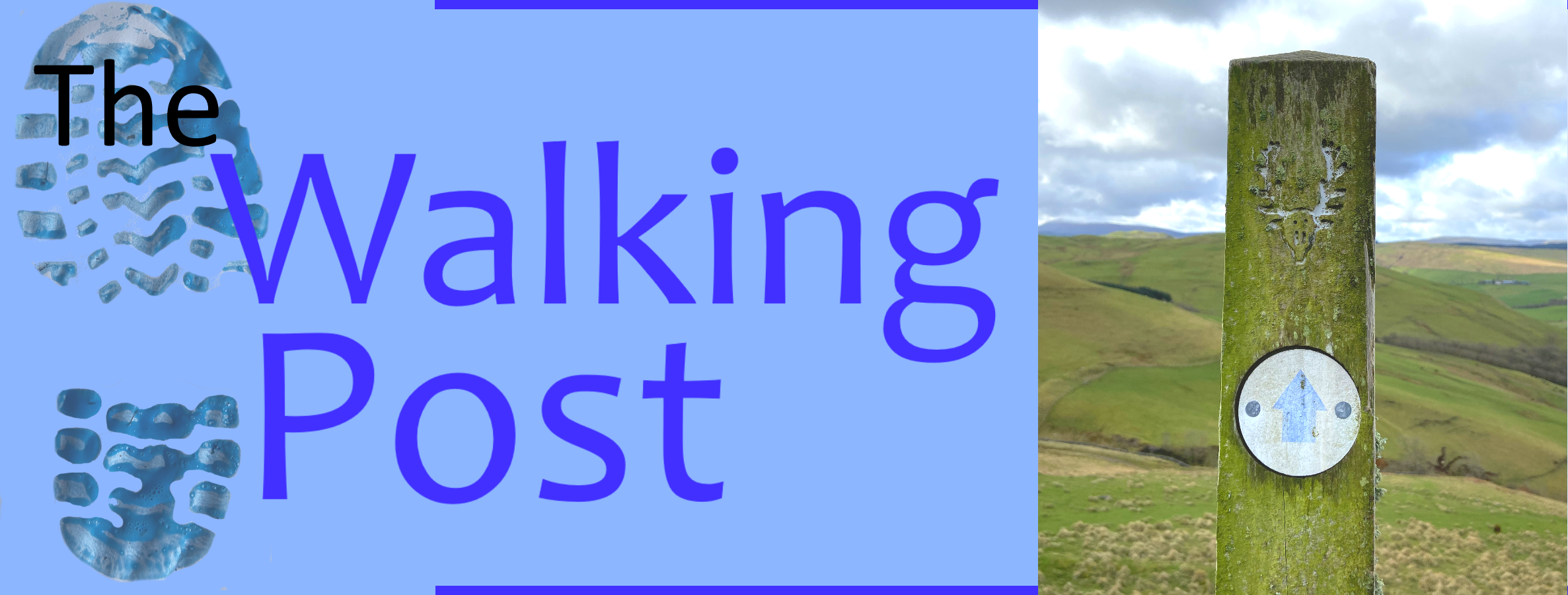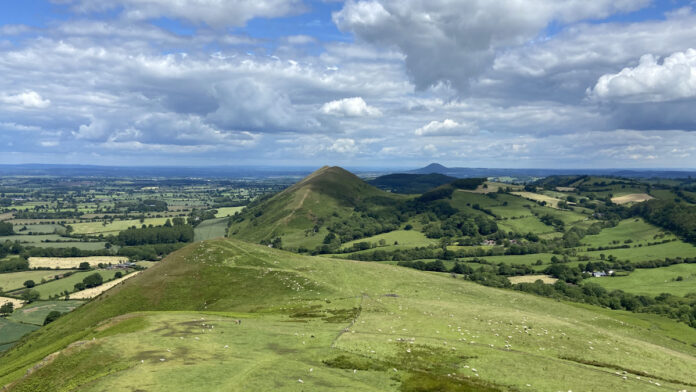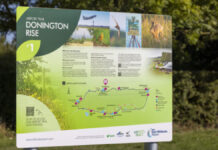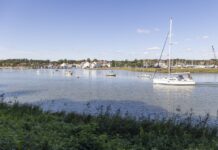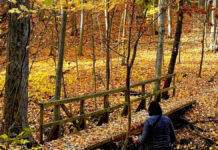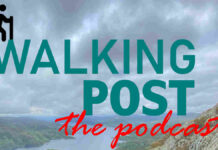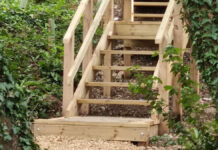A more active and healthy country can be achieved by improving access to England’s natural spaces, says a new report by the All-Party Parliamentary Group (APPG) for Outdoor Recreation and Access to Nature.
The report was launched last week. It gathered views from over 750 organisations and individuals, highlighting that much of England’s countryside remains inaccessible, with 20m people not living within 15 minutes of green or blue spaces.
The APPG also acknowledges the substantial economic contribution of the outdoor sector – a £25bn+ industry supporting over 500,000 jobs.
Outdoors For All: Recommendations for Government on Access to Nature provides bold and practical advice to the Government, outlining policy and legislative options to achieve inclusive access for more people.
The OIA, the British Mountaineering Council (BMC), Paddle UK and The Ramblers, acting as the Secretariat for the APPG, worked together to facilitate the inquiry. It follows the Labour Government expressing their intent to “open up even more opportunities for adults and children alike to get out and enjoy nature…”
The report emphasises the need to balance access with environmental protection and respect for other users and landowners, and contains 40 recommendations in total. Key recommendations from the report include:
Expanding access: Establish statutory rights to responsible access across a broader range of landscapes, including but not limited to inland waters, woodlands and other suitable natural environments, and for a broader range of recreational activities, including wild camping, paddling, swimming, cycling, caving and horse riding.
Improving existing access: Establish an Access to Nature Investment Strategy enabling local highway authorities to apply for resources based on assessed local needs and opportunities aligned with national priorities. Remove barriers like stiles, and simplify footpath upgrades.
Accessing blue spaces: Expand access rights for swimming and non-motorised craft on inland waters through new legislation or amendments to existing acts, such as the Countryside and Rights of Way Act (CRoW), an Access to Nature Bill, or the upcoming Water Reform Bill.
Children spending time outdoors: Establish a requirement for all children and young people to experience at least one residential outdoor experience, linked to curriculum outcomes at KS2, using Pupil Premium to ensure inclusion for all.
Promoting health and wellbeing: Enshrine access to nature as a statutory public health responsibility by amending the Health and Social Care Act.
Planning and transport: Improve public transport links to and from green and blue spaces, including increased frequency, expanded routes and affordability.
Governance, strategy and accountability: Publish a long-term Government plan to improve public access to nature, with a clear vision, strategy, legally binding targets, backed by an Access to Nature Investment Strategy to direct funding.
Awareness and education: Overhaul the Countryside Code to promote access and responsible behaviour. Implement a National Ranger Service, and transform the Ordnance Survey App into a free, universal tool.
Andrew Denton, OIA CEO, said, “The OIA is very pleased to have played its part in the creation and launch of today’s report. One of the primary objectives of the OIA, and our long-term vision, is to “Get More People Active Outdoors” and so we strongly support the report’s recommendations to enshrine access to nature as a statutory public health responsibility, and to improve and expand access to green and blue spaces in the UK. If we can do that, the lives people in Great Britain, particularly those 20m not currently living within 15 minutes of green or blue spaces, can be fundamentally changed, in terms of better health and many other positive outcomes.
“The outdoor sector is so much stronger, and more able to effect change, when we work together, and on behalf of the OIA’s over 200 member organisations, we look forward to playing our part in encouraging and opening up access to the great British outdoors.”
